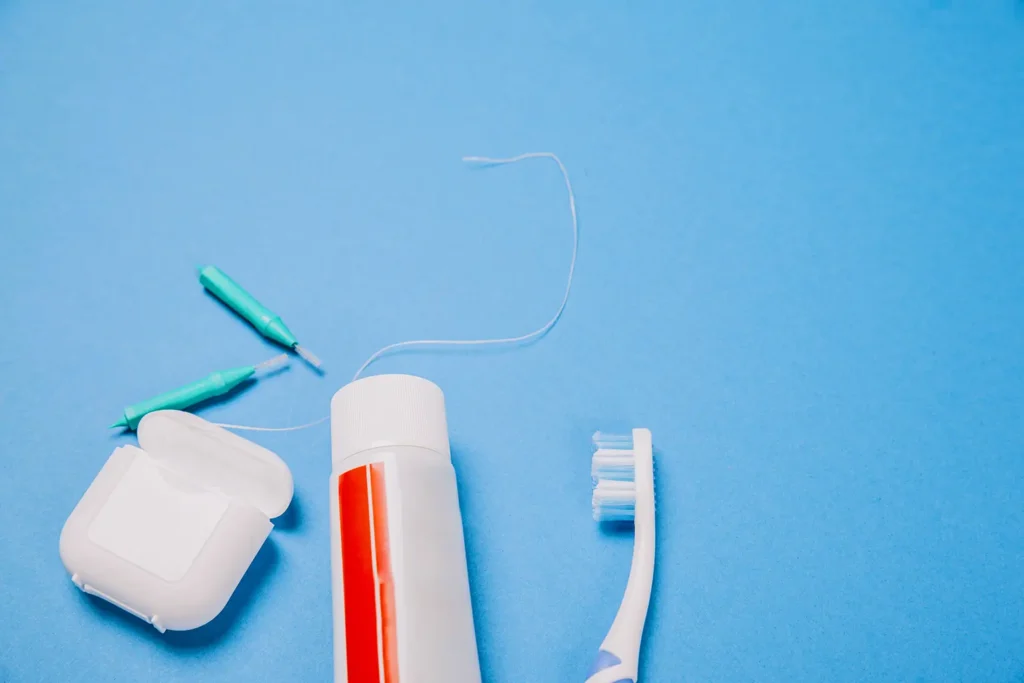
Gum or periodontal disease is a common yet often overlooked condition that can have serious implications for oral health. This article delves into the causes, symptoms, treatments, and long-term management of gum disease and provides valuable insights into maintaining optimal gum health.
What is Gum Disease?
Gum disease is an infection of the tissues that hold your teeth in place. It’s typically caused by poor oral hygiene that allows plaque—a sticky film of bacteria—to build up on the teeth and harden. In its early stage, called gingivitis, gums can become swollen, red, and may bleed. In more severe forms, known as periodontitis, the gums can pull away from the tooth, bone can be lost, and the teeth may loosen or fall out.
Causes of Gum Disease
Several factors contribute to the development of gum disease, including:
- Poor Oral Hygiene: Inadequate brushing and flossing allow plaque to form on teeth, leading to gum inflammation.
- Smoking and Tobacco Use: Tobacco products are one of the most significant risk factors.
- Genetic Predisposition: Some individuals are more prone to severe gum disease due to genetic factors.
- Hormonal Changes: Changes such as those occurring during pregnancy, menopause, and puberty can make gums more sensitive and susceptible to disease.
- Chronic Diseases: Conditions such as diabetes, rheumatoid arthritis, and HIV/AIDS can increase the risk of developing periodontal disease.
- Medications: Certain medications can reduce saliva flow, which protects the gums and teeth, or cause abnormal growth of gum tissue.
Symptoms of Gum Disease
Recognizing the symptoms early can lead to more effective treatment and management. Common signs include:
- Red, swollen, or tender gums
- Bleeding gums, especially after brushing or flossing
- Persistent bad breath or a bad taste in the mouth
- Receding gums, making teeth appear longer
- Loose or shifting teeth
- Formation of deep pockets between teeth and gums
Is Gum Disease Lifelong?
People often ask, is gum disease lifelong? The answer depends on the severity and the stage at which it is diagnosed. The early stages are considered gingivitis and are reversible with proper oral hygiene and professional treatment. However, periodontitis, the more advanced form, can cause irreversible damage to the gums and bone supporting the teeth. While it can be managed with ongoing care and treatment, periodontitis often requires lifelong attention to prevent further progression.
Managing Gum Disease
Effective management involves a combination of professional treatments and diligent at-home care. Here’s a comprehensive approach to managing gum disease:
- Professional Dental Cleanings: Regular cleanings by a dental professional can remove plaque and tartar that brushing and flossing miss. Deep cleaning procedures, such as scaling and root planing, may be necessary for the advanced stages.
- Medications: In some cases, medications such as antimicrobial mouth rinses, antiseptic chips, or antibiotic gels may be used to control bacterial infection.
- Surgical Treatments: If it becomes severe, surgical interventions might be required. These can include flap surgery to remove tartar deposits in deep pockets or bone and tissue grafts to regenerate lost bone or gum tissue.
- Good Oral Hygiene Practices: Maintaining good oral hygiene is crucial. This includes brushing at least twice a day with fluoride toothpaste, flossing daily, and using an antiseptic mouthwash.
- Lifestyle Changes: Quitting smoking and managing underlying health conditions like diabetes can significantly improve gum health.

Preventing Gum Disease
Prevention is always better than cure, especially when it comes to gum disease. Here are some tips to help maintain gum health and prevent periodontal disease:
- Regular Dental Checkups: Visit your dentist regularly for cleanings and checkups. Early detection can prevent it from becoming severe.
- Proper Brushing Technique: Brush your teeth properly at least twice a day. Use a soft-bristled toothbrush and fluoride toothpaste, and replace your toothbrush every three to four months.
- Daily Flossing: Flossing removes food particles and plaque from between your teeth and under the gumline, areas your toothbrush can’t reach.
- Healthy Diet: A balanced diet rich in vitamins and minerals supports gum health. Avoid sugary and acidic foods that can contribute to plaque formation.
- Avoid Tobacco Products: Smoking and using tobacco products increase your risk. Quitting can significantly improve your oral health.
The Link Between Oral Health and Overall Health
Gum disease doesn’t just affect your mouth; it can have far-reaching effects on your overall health. Research has shown that periodontal disease is linked to various systemic conditions, including heart disease, stroke, diabetes, and respiratory problems. Inflammation can enter the bloodstream and contribute to the inflammation of blood vessels, increasing the risk of cardiovascular disease.
Additionally, individuals with diabetes are more prone to gum infections, making managing blood sugar levels more challenging. Therefore, maintaining good oral health is not only essential for a healthy smile but also for overall well-being.
Conclusion
Gum disease is a prevalent condition that can have serious implications if left untreated. Understanding its causes, symptoms, and treatments is crucial for maintaining optimal gum health. Proper management and preventive measures can significantly improve outcomes and quality of life.
By adopting good oral hygiene practices, making lifestyle changes, and seeking regular dental care, individuals can effectively manage and maintain a healthy smile. Remember, your oral health is a vital component of your overall health, and taking proactive steps to care for your gums can lead to a healthier, happier life.
For more information on managing gum disease and maintaining oral health, visit Legacy Smiles and schedule an appointment with our experienced dental professionals.

